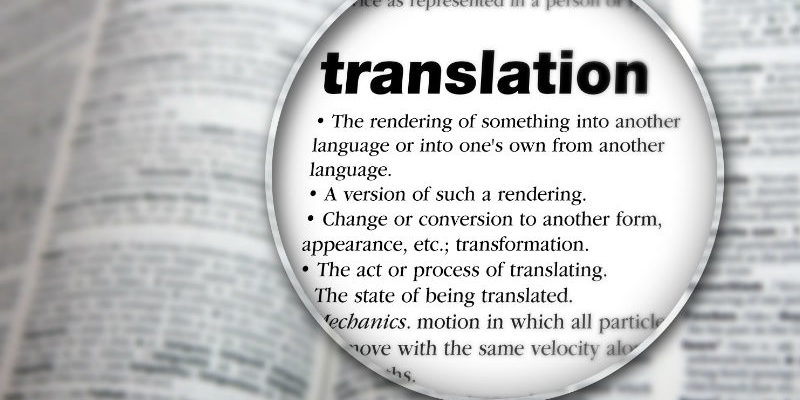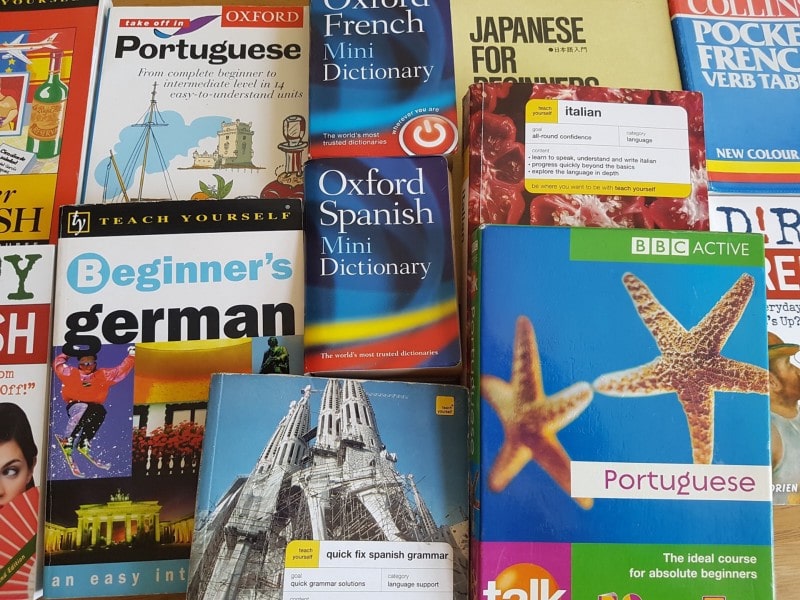

Choose the Right Translation Services
Anyone who has ever used the automated website translator function on Google or Bing knows that their usefulness is limited. They can help a reader gain a rough or rudimentary understanding of the meaning of the text on a website written in a foreign language, but much interpretation is still required. If the text is to be used for effective sales copy or a clear description of product, much manipulation of the syntax and grammar must be done before it can be considered useful and published.
Even translation software that is more sophisticated and specialized can deliver a translation that does not capture the full meaning or nuance of a piece of text. It takes a person familiar with two languages to be able to translate the phrase “Here we go, again!” into its correct counterpart in a foreign language. Software may translate such a phrase into something that reads something like “In this place, we go another time.”
A cost benefit analysis may need to be conducted to weigh the costs of using automated translation software and then rewriting the text against hiring a translation service. In the end, hiring a translation service is often more cost effective, especially when the risk of delivering an inaccurate translation of a document is considered. The costs of an inaccurate translation can be lost sales if the translated text is used for sales copy.
The costs can be ruinous if a contract or other legal translations are done improperly. That is why it is important to choose the right translation service. A professional translation service will answer questions about their procedures for translating a document, and the qualifications of their staff. The right translation service will be able to provide a certified translation of a document.

Whenever possible, they will have a document reviewed by a native speaker of the language in which the document was written. That translator should also be fluent in the language into which the document will be translated. He or she may consult with a native speaker of the second language if the document contains regionalisms or jargon.
Professional translation services should have translators who have training or education in specialized fields, such as law, medicine or specific areas of business. This training and education can be critical in delivering accurate translations. Some translation services specialize in specific areas, such as insurance. The translators at these firms are selected not only for their fluency and proficiency in a given language, but also for their knowledge and expertise in their field.
It is often necessary to have a deep understanding of insurance to be able to translate a document such as an insurance policy. Firms that provide legal translations can often assure their clients that the translators working on their documents or translating telephone conversations are paralegals or attorneys. They are not only fluent in more than one language, but are also familiar with the culture and law of more than one nation.
It may be important to ask about such qualifications of translators when considering which translation service to use. In many cases, it may be necessary to find a service that has translators who are not only familiar with a given language, but also dialects of that language. When asking questions about the native languages and qualifications of the individual translators, it may also be helpful to ask about the language or languages in which the translators received their college educations.












